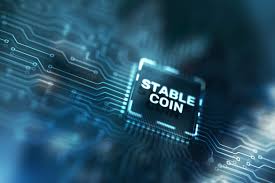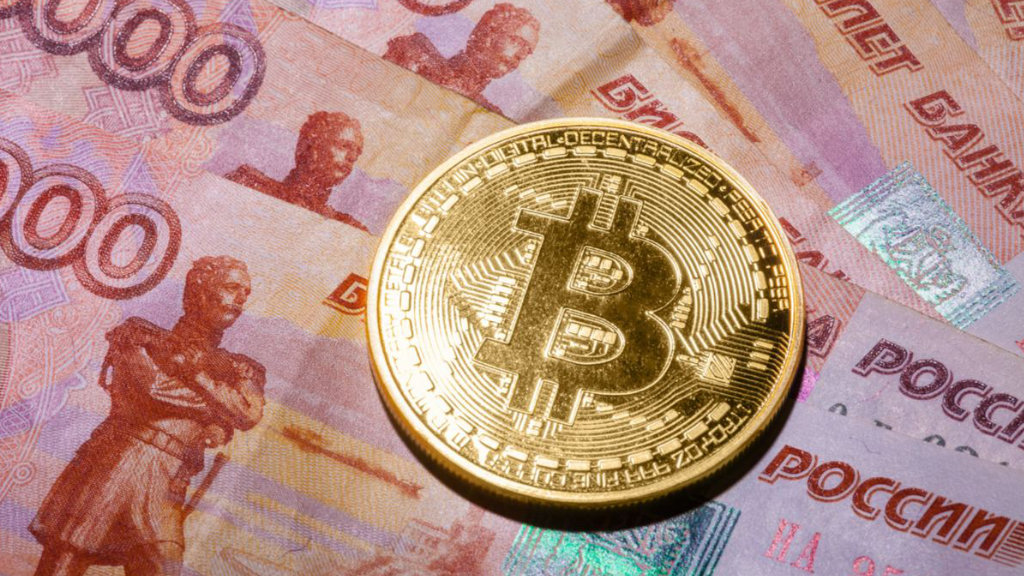Two crypto exchanges are expected to be launched in Russia, one in Moscow and the other in St. Petersburg, with the aim of assisting foreign trade payments. While the operating mechanics are not yet specifically in place, Russian lawyers feel they will most likely be created in an experimental legal mode. To begin with, usage may be limited to Russian MNCs and the initial functionality of the project may also be limited due to third party sanctions risks.
According to unofficial reports, there are plans to create at least two crypto exchanges in Russia. One it is planned at the St. Petersburg Currency Exchange (SPVB) for foreign trade activities, with a second site is planned to be created in Moscow. However, it has not yet been decided whether it will be made on the basis of the Moscow Exchange or separately within the framework of the experimental legal regime.
Stablecoins

Current thinking has also turned to the creation of stablecoins, with the prospects of creating stablecoins for the Chinese RMB Yuan and, in general, for the BRICS basket of currencies. Stablecoins, due to their legal nature, is similar to a cryptocurrency, however this also poses technological difficulties in the Russian blockchain and in terms of its convertibility, liquidity set, and relation to the traded product collateral. Oleg Ogienko, of Russia’s BitRiver IT communications business, says that “There is a point of view that stablecoins are digital financial assets in terms of Russian legislation due to the presence of an emission center and an oblige.”
Currently, cryptocurrencies in Russia are regulated by several key regulations, the main one of which is rule 259-FZ “On Digital Financial Assets”. This law establishes the legal basis for the issuance and circulation of digital financial assets; but does not contain direct rules governing the activities of crypto exchanges. In this regard, there is still no clear and unified legal mechanism for the creation and operation of crypto exchanges.
Now the only regulation applicable to potential crypto exchanges in Russia is the EPR (Experimental Legal Regime) law, which has just been adopted. Under this, should crypto exchanges be authorised, at first, only a small circle of businesses will use the exchange, in test mode, followed by Russia’s largest exporters and importers. It remains unlikely that small and medium-sized businesses, and especially individuals, will have access to this test phase, while it is important to emphasize that the contours of the future experiment are completely left to the regulator.
Technological Pushback

However, not everyone agrees that the technology will be in mass usage. Nikita Vassev, the founder of TerraCrypto believes that only those who have no other choice will use cryptocurrency exchanges, saying that “Those who have a choice will not exchange convenient trading platforms, which the best developers have been improving for years, for domestic platforms. And concerning stablecoins, it is the same story. They will only be used by those who have no other choice. The only scenario in which a trading business will use a cryptocurrency exchange is as a last resort.”
Other experts have also confirmed doubts in these projects. Blockchain remains a relatively transparent entity, and in case of violation of confidentiality, information about transactions may be included in the sanctions lists, and blocking will begin for transactions with crypto assets purchased on such domestic exchanges. Simply put, if information leaks to the public that the cryptocurrency was purchased on the Russian stock exchange, then, using special technical tracers means, that these transactions can be easily tracked and all transactions can be marked as suspicious. That would significantly damage the transaction participants, but also future owners of digital currency, even those completely uninvolved in Russia. The centralized nature will kill any trust, – as we have seen with the recent arrest of Telegram founder Pavel Durov. How the system works needs to have some protection against the West’s attempts to destroy mechanisms they cannot control.
Further Reading
Russia’s New Digital, Crypto, Cross Border Finance and Foreign Banking Laws: An Explainer

 Русский
Русский













